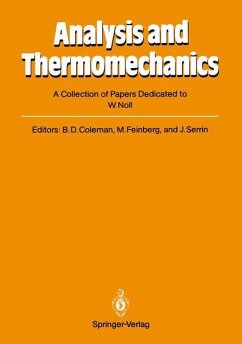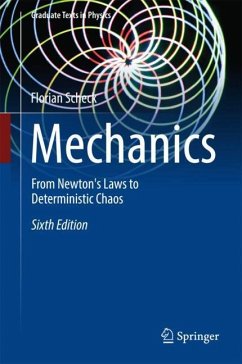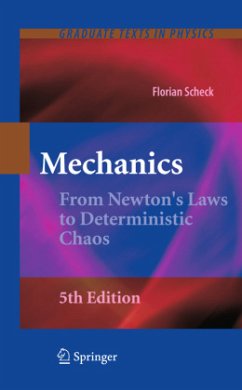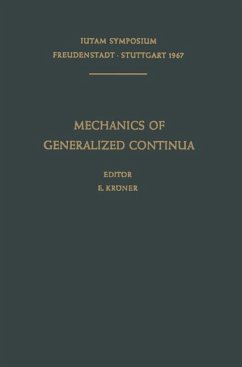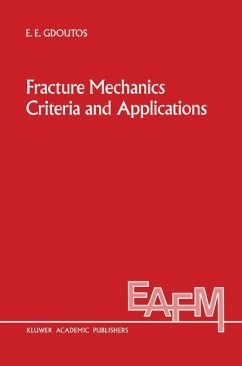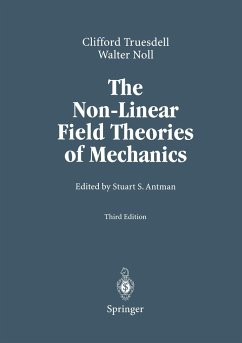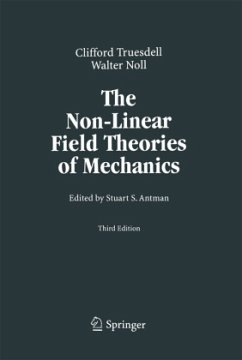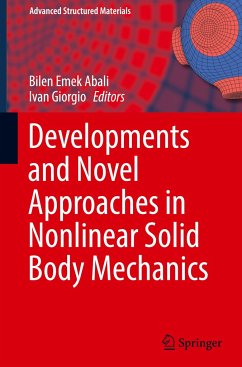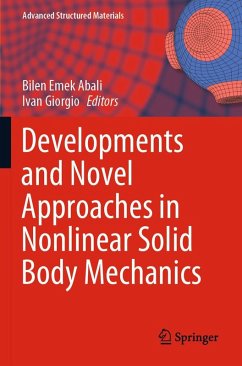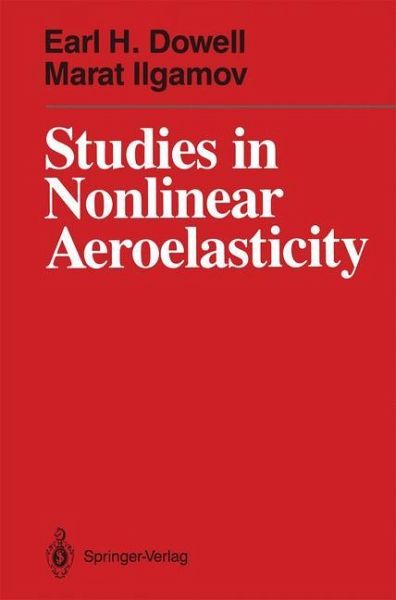
Studies in Nonlinear Aeroelasticity

PAYBACK Punkte
19 °P sammeln!
The great bulk of the literature on aeroelasticity is devoted to linear models. The oretical work relies heavily on linear mathematical concepts, and experimental results are commonly interpreted by assuming that the physical model behaves in a linear manner. Nevertheless, significant work has been done in nonlinear aero elasticity, and one may expect this trend to accelerate for several reasons: our ability to compute has increased at an astonishing rate; as linear concepts have been assimilated widely, there is a natural increase in interest in the foundations of nonlinear modeling; and, fin...
The great bulk of the literature on aeroelasticity is devoted to linear models. The oretical work relies heavily on linear mathematical concepts, and experimental results are commonly interpreted by assuming that the physical model behaves in a linear manner. Nevertheless, significant work has been done in nonlinear aero elasticity, and one may expect this trend to accelerate for several reasons: our ability to compute has increased at an astonishing rate; as linear concepts have been assimilated widely, there is a natural increase in interest in the foundations of nonlinear modeling; and, finally, some phenomena long recognized to be of interest, but beyond the effective range of linear models, are now known to be essentially nonlinear in nature. In this volume, an exhaustive review of the literature is not attempted. Rather the emphasis is on fundamental ideas and a representative selection of problems. Despite obvious successes in research on problems of aeroelasticity and theexistence of a broad literature, including a number of excellent monographs, up to now little attention has been devoted to a general nonlinear theory of interac tion. For the most part nonlinearity has been considered either solely in the description of the behavior of a shell or in the description of the motion of a gas.





